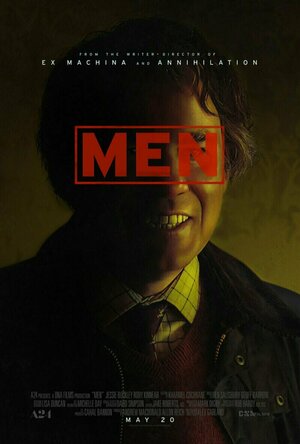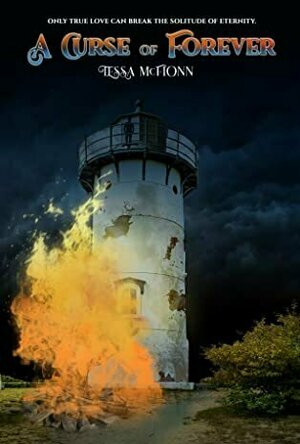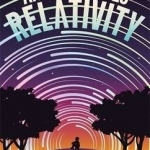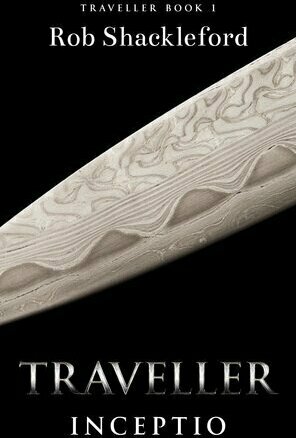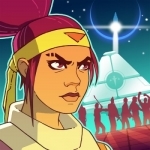
Ticket to Earth
Games
App
A distant planet. A dying colony. A deadly conspiracy. Fight a corrupt system in Ticket to Earth,...

Together Bound (Sentries #2)
Book
Todd Ruger is a sentry, a very good one, some might say the best. He was eleven when he and Nick...
MM Paranormal Science Fiction Romance Erotic
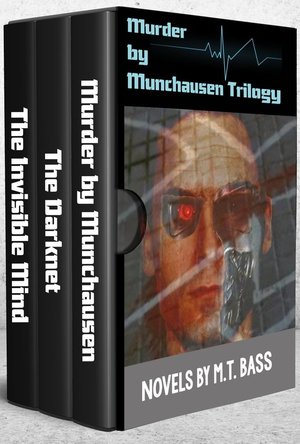
Murder by Munchhausen Trilogy Set
Book
A Cyber Crime Thriller Series: Notorious serial killers digitally resurrected to live & hunt again...
Science Fiction sci-fi scifi sci fi thriller police procedural
Emma @ The Movies (1786 KP) rated Men (2022) (2022) in Movies
Jul 3, 2022
Harper takes some time away in the country, following the death of her husband. But the break isn't quite as restful as she'd hoped.
I had a lot of feelings about Men. The trouble was, every time I started thinking about it, my brain spiralled off into many debates.
With Jessie Buckley and Rory Kinnear, I was fairly certain that the performances would be solid. They didn't disappoint. Kinnear in particular showed immense dedication to his roles, especially considering some of the things he was having to do. But, despite the superb acting, the characters weren't all that easy to get along with... and yes, that's sort of the point, but never mind.
There seems to be a jumble of genres happening, the trailers for the film show some of its creepy horror-esque moments, and the dramatic portion is represented. In the middle of the film, where Harper suffers from phone issues, we get an odd flash of science fiction... it doesn't fit with the rest of the film, it could easily have been removed with no consequences and left us with something much more consistent.
According to writer and director, Alex Garland, the idea of Men is whatever the viewer takes away from it. I've heard plenty of opinions about the meaning behind the film, though mainly from a small demographic.
To me, it felt like a dive into the mind of a woman who had suffered psychological abuse, and how she deals with that trauma. There are certainly a lot of ways this could be taken, and Men could have been a bold statement, but not committing to an explanation was a bit of a cop out.
While I didn't dislike the experience of watching it on the big screen, I don't need to see it again. Ultimately, the inconsistencies left me wanting something more.
Originally posted on: emmaatthemovies.blogspot.com/2022/07/men-movie-review.html
Merissa (13749 KP) rated A Curse of Forever in Books
Dec 1, 2021 (Updated Jul 9, 2023)
This is a fast-paced story that gives you insight into Laurel and her delightful mother and sister. I was so pleased to find out that others in her family were not the same! She is estranged from her beloved grandfather through actions not of her own. When he dies, she is the one to organise the funeral. The paper she works for gives her the time off but asks her to write a piece about the haunted lighthouse too. When she goes there, she sees -- and can talk to -- Nathaniel.
I thoroughly enjoyed this story. The only part I couldn't quite understand was Jacob and Carrie. I didn't feel that he added much to the story or his obsession with Laurel. Yes, I know he had to be there for a certain part but that was it. As for Carrie, she was one way for the whole of the book, just changing at the end. Was it because the curse had been broken? I'm honestly not sure.
This was a steamy read, with instant attraction between our main characters. Laurel and Nathaniel were supported by great characters who helped to keep the story moving along.
Anyway, on the whole, this was a great contemporary read by an author I have come to associate with science fiction. I would say she has successfully moved to other genres. Thoroughly enjoyed and definitely recommended.
** same worded review will appear elsewhere **
* A copy of this book was provided to me with no requirements for a review. I voluntarily read this book, and the comments here are my honest opinion. *
Merissa
Archaeolibrarian - I Dig Good Books
Dec 1, 2021
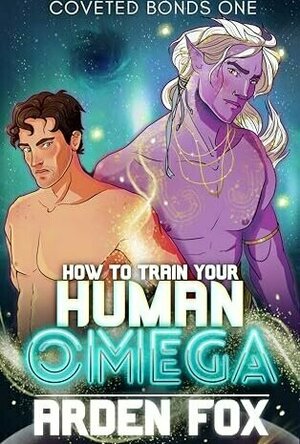
How To Train Your Human Omega (Coveted Bonds #1)
Book
Clay I don't ask for much from life; I get paid, and then I get laid. And piloting spaceships...
MM Science Fiction Romance
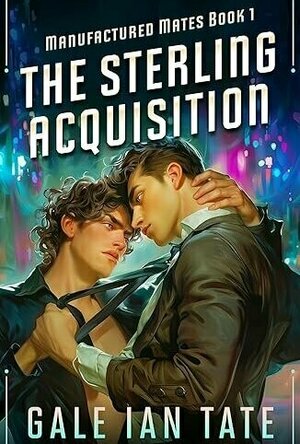
The Sterling Acquisition (Manufactured Mates #1)
Book
He came to steal a patent. He stole a person instead. In the Incorporated States of New America,...
Omegaverse Dystopian Science Fiction Dark MM Romance
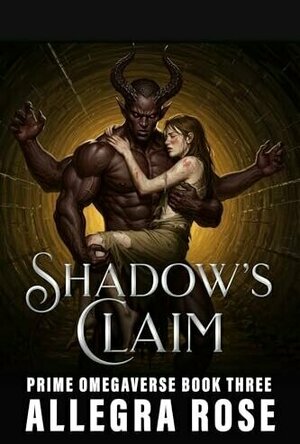
Shadow's Claim (Prime Omegaverse #3)
Book
She hid in shadows to survive. Now she belongs to one. For three years, Nova has played a...
Dub Con Omegaverse Fantasy Science Fiction Dark Romance Monster Romance
Louise (64 KP) rated Relativity in Books
Jul 2, 2018
Relativity follows Ethan Forsythe, twelve years old and a very clever young man who has a particular obsession with physics and astronomy. Ethan lives with his single mother Claire in Sydney, as he is getting older he is asking more and more questions about his fathers whereabouts which Claire is particularly hesitant about answering and very mysterious much to Ethans annoyance.
When Ethan gets taken ill, secrets start to unfold and the reasons for his current illness are revealed and how it's connected to his past and father.
I had never heard of Relativity until I was asked to do this Blog Tour, I like to go into books knowing as little as possible so I can form my own opinions and not waiting for twists and turns. Relativity took me by surprise,this is what you would classify as family drama/literary fiction and I devoured this book, needing to know what happened, why Ethan was ill? Why his father wasn't around?
I thought the writing style and prose of this book are beautifully written. I also liked the science parts even sometimes when I couldn't get my head around (I am not great at science). You don't have to be great at physics to follow this book but I think Antonia Hayes must have put a lot of research into the topics that were explored within.
The story is told from third person past tense narrative from the perspectives of Ethan, Claire and Mark. The characters are well-developed,complex and three dimensional. Ethan's character was written really well and believable for a twelve-year-old boy, he would say some profound things and had me laughing out loud.
Mum,want to know something crazy? Statistically, the probability that I exist is basically zero. Did you know you were born with two million eggs?
I could really empathise with Claire, being a parent myself you will do anything to protect your child and what you feel is best for them. Her anxiety that she was experiencing was palpable, what with introducing Mark back into Ethan's life but there were points where I felt she made some bad decisions and should have discussed it more with Ethan.
I liked reading from Marks perspective, especially towards the end when you get more of a back story, though there is parts sprinkled throughout the book about their relationship and extended family.
Relativity is beautiful, realistic and a well researched novel and definitely recommend picking it up. This is a great debut novel and I am excited to see what Hayes does next.
Night Reader Reviews (683 KP) rated Traveller-Inceptio ( Traveller Book 1) in Books
Mar 18, 2020
A group of friends working towards advanced college degrees decide to work on some research together. They are even able o secure funding from a major security company, Helguard. Their goal is to create new scanning equipment to be used by security in places such as airports. The team works extremely well together and soon they have a working prototype. However, something goes wrong with the machine and a mass of wires fuse together, causing a completely different result. When they turn the machine on and tell it to scan something, the item disappears instead.
After some research, it is discovered that the machine is sending items to the exact same location, just 1,000 years into the past. This discovery naturally gets the attention of governments around the world and the military who try to take over the project. Military men are trained in the ways of the Saxons and are sent back in time to become part of their society and provide reports and pictures of a time period that was originally poorly documented. There are many dangers that the travelers face for this project, but the main one is that the Saxons are currently at war with the Vikings.
What I liked best was the one member of the original team who was largely responsible for the creation of the transporter never claimed it. I am unsure if this is because he remains unaware of what he did, or out of fear because he was messing where he did not belong, either way, this is what stuck with me the most. There was a lot of technical speak, along with war and battle pans that were confusing and boring. The war or battle aspect of the book was very drawn out, though I have never been one to enjoy play-by-play fight scenes.
This is more of an adult book. The length and technical stuff would probably be a bit daunting for younger readers. It is also rather detailed in the more graphic fight scenes (gore) and rape, which might make some readers uncomfortable. I rate this book 2 out of 4. The more interesting parts of this book, such as when Michael is becoming part of the Saxon culture moves quickly and is enjoyable. The duller areas such as the fights and technical speak are dry and really bring this otherwise interesting book down.
https://www.facebook.com/nightreaderreviews/
https://smashbomb.com/nightreader
https://nightreaderreviews.blogspot.com/
